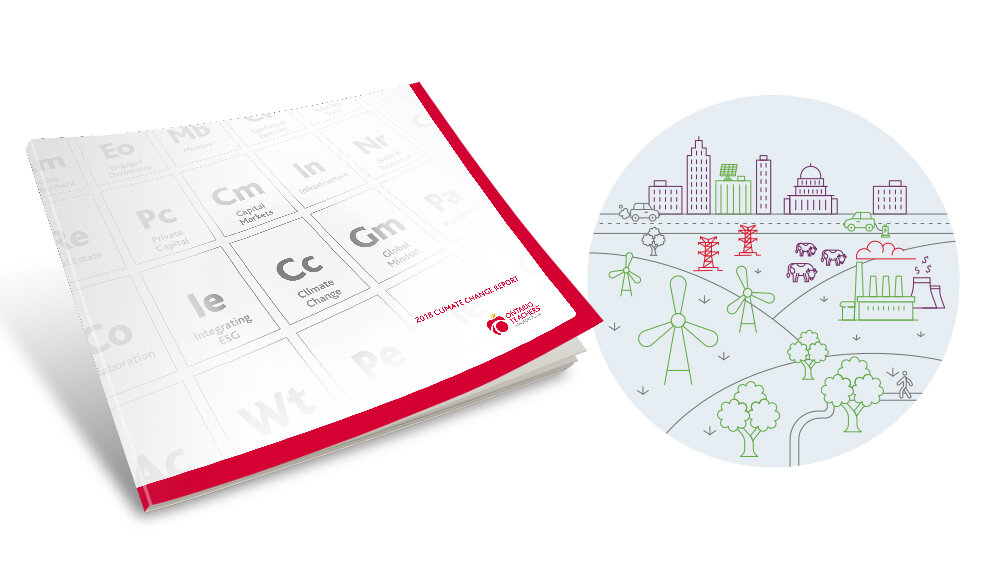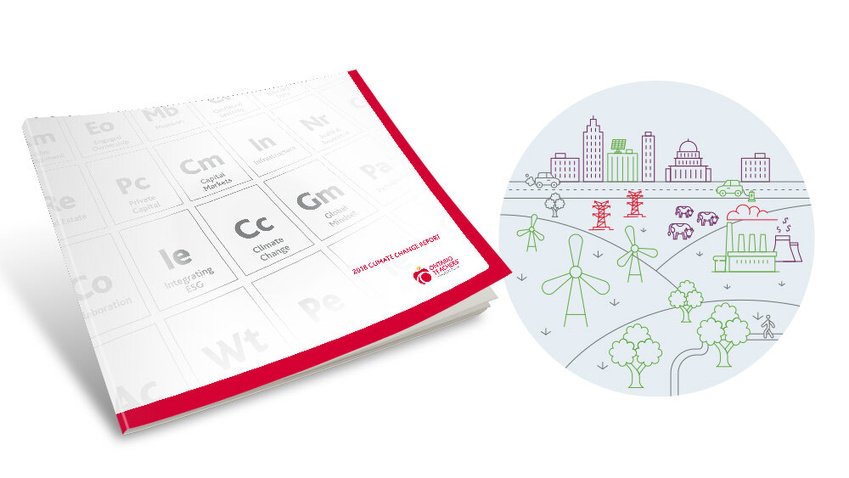As environmental consciousness continues to shape global policies, manufacturers worldwide are facing significant regulations designed to promote sustainability.
Over the next three years, numerous key environmental and sustainability-related regulations will take effect, requiring manufacturers to comply and adjust their operations accordingly.
This article, developed by the Security Industry Association’s Environmental, Social, and Governance Advisory Board, provides an overview of some of these regulations, including their jurisdictions, applicability, scope, and compliance thresholds. Additionally, we offer guidance on how businesses can effectively adapt to these changes.
Global Regulations
Extended Producer Responsibility (EPR) Programs
Over the next three years, numerous key environmental and sustainability-related regulations will take effect, requiring manufacturers to comply and adjust their operations accordingly.
This article, developed by the Security Industry Association’s Environmental, Social, and Governance Advisory Board, provides an overview of some of these regulations, including their jurisdictions, applicability, scope, and compliance thresholds. Additionally, we offer guidance on how businesses can effectively adapt to these changes.
Global Regulations
Extended Producer Responsibility (EPR) Programs
- Jurisdictions: Implemented across multiple regions, including the United Kingdom, the European Union, Canada, South Korea, and U.S. states such as California, Maine, and Oregon.
- Who It Affects: Manufacturers and producers of electronic products, packaging, batteries, and automotive goods.
- Scope: Requires producers to take responsibility for a product’s full life cycle, from production to collection, recycling, and disposal.
- Compliance Thresholds: Vary by jurisdiction.
- Implementation Timeline: Varies by region.
EPR programs aim to hold manufacturers accountable for the environmental impact of their products throughout their life cycle. By mandating responsible recycling and disposal, these initiatives encourage the creation of more sustainable and recyclable goods, ultimately reducing waste.
United States Regulations
Toxic Substances Control Act (TSCA)
United States Regulations
Toxic Substances Control Act (TSCA)
- Jurisdiction: United States.
- Who It Affects: Manufacturers, importers, and processors of chemical substances.
- Scope: Regulates chemicals to ensure they do not pose significant health or environmental risks.
- Compliance Thresholds: Determined per chemical substance.
- Implementation Timeline: Enforced after safety assessments by the Environmental Protection Agency (EPA).
Under TSCA, companies must report and test chemical substances in their products to ensure they meet safety regulations.
California Consumer Privacy Act (CCPA) – Expansion to Sustainability
California Consumer Privacy Act (CCPA) – Expansion to Sustainability
- Jurisdiction: California, United States.
- Who It Affects: Businesses operating in California.
- Scope: Requires disclosure of sustainability practices and environmental impact.
- Compliance Thresholds: Applies to companies with annual revenue exceeding $25 million or handling the personal data of over 50,000 California residents.
- Implementation Timeline: Effective January 1 of the year following when the business meets compliance thresholds.
Originally designed to safeguard consumer privacy, the CCPA is expanding to include sustainability disclosures, requiring companies to provide transparent environmental impact information.
European Union Regulations
EU Green Deal & Circular Economy Action Plan
European Union Regulations
EU Green Deal & Circular Economy Action Plan
- Jurisdiction: European Union.
- Who It Affects: All manufacturers operating within EU member states.
- Scope: Encourages waste reduction, recycling, and the use of sustainable materials.
- Compliance Thresholds: Varies by industry and product type.
- Implementation Timeline: Gradual rollout with major milestones set for 2025 and beyond.
The Green Deal and Circular Economy Action Plan seek to establish a more resource-efficient economy, emphasizing durability, reparability, and recyclability of products.
EU Ecodesign & Energy Labeling Regulations
EU Ecodesign & Energy Labeling Regulations
- Jurisdiction: European Union.
- Who It Affects: Manufacturers of energy-related products.
- Scope: Enforces minimum energy efficiency standards and labeling requirements.
- Compliance Thresholds: Varies by product category.
- Implementation Timeline: Rolling implementation beginning in 2024.
These regulations require energy-efficient product design and consumer labeling, with non-compliance resulting in potential market restrictions and penalties.
UK & EU Plastic Packaging Tax
UK & EU Plastic Packaging Tax
- Jurisdictions: United Kingdom and European Union.
- Who It Affects: Manufacturers, importers, and users of plastic packaging.
- Scope: Tax levied on plastic packaging with less than 30% recycled content.
- Compliance Thresholds: Vary by country with specific tax rates.
- Implementation Timeline:
- UK: In effect since April 2022.
- EU: Implementation varies by member state, with major deadlines starting in 2025.
This tax aims to reduce plastic waste by encouraging the use of recycled materials in packaging. Non-compliance may result in financial penalties and restricted market access.
Strategies for Compliance & Adaptation
- Conduct Regular Regulatory Audits
Manufacturers should routinely review regulatory requirements to ensure compliance across all operational jurisdictions.
- Invest in Sustainable Product Design
Incorporating eco-friendly materials and improving product efficiency can help meet regulatory standards and reduce environmental impact.
- 3. Strengthen Supply Chain Oversight
Ensuring that suppliers adhere to environmental regulations is crucial. Establishing strict supply chain policies and requiring compliance certifications can mitigate risks.
- 4. Utilize Technology & Innovation
Leveraging advancements like artificial intelligence, IoT, and blockchain can enhance product traceability and sustainability efforts.
- 5. Provide Continuous Training & Education
Ongoing education on sustainability regulations ensures that all employees contribute to compliance efforts.
Final Thoughts
With sustainability regulations rapidly evolving, manufacturers must stay informed and proactively adapt their processes to ensure compliance. By embracing sustainable practices and leveraging innovative solutions, businesses can not only meet regulatory requirements but also contribute to a greener future.
With sustainability regulations rapidly evolving, manufacturers must stay informed and proactively adapt their processes to ensure compliance. By embracing sustainable practices and leveraging innovative solutions, businesses can not only meet regulatory requirements but also contribute to a greener future.


 Global Sustainability Regulations: Key Compliance Guide for Manufacturers
Global Sustainability Regulations: Key Compliance Guide for Manufacturers





 Companies
Companies